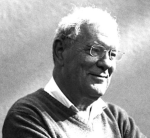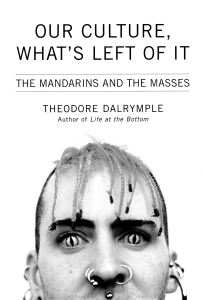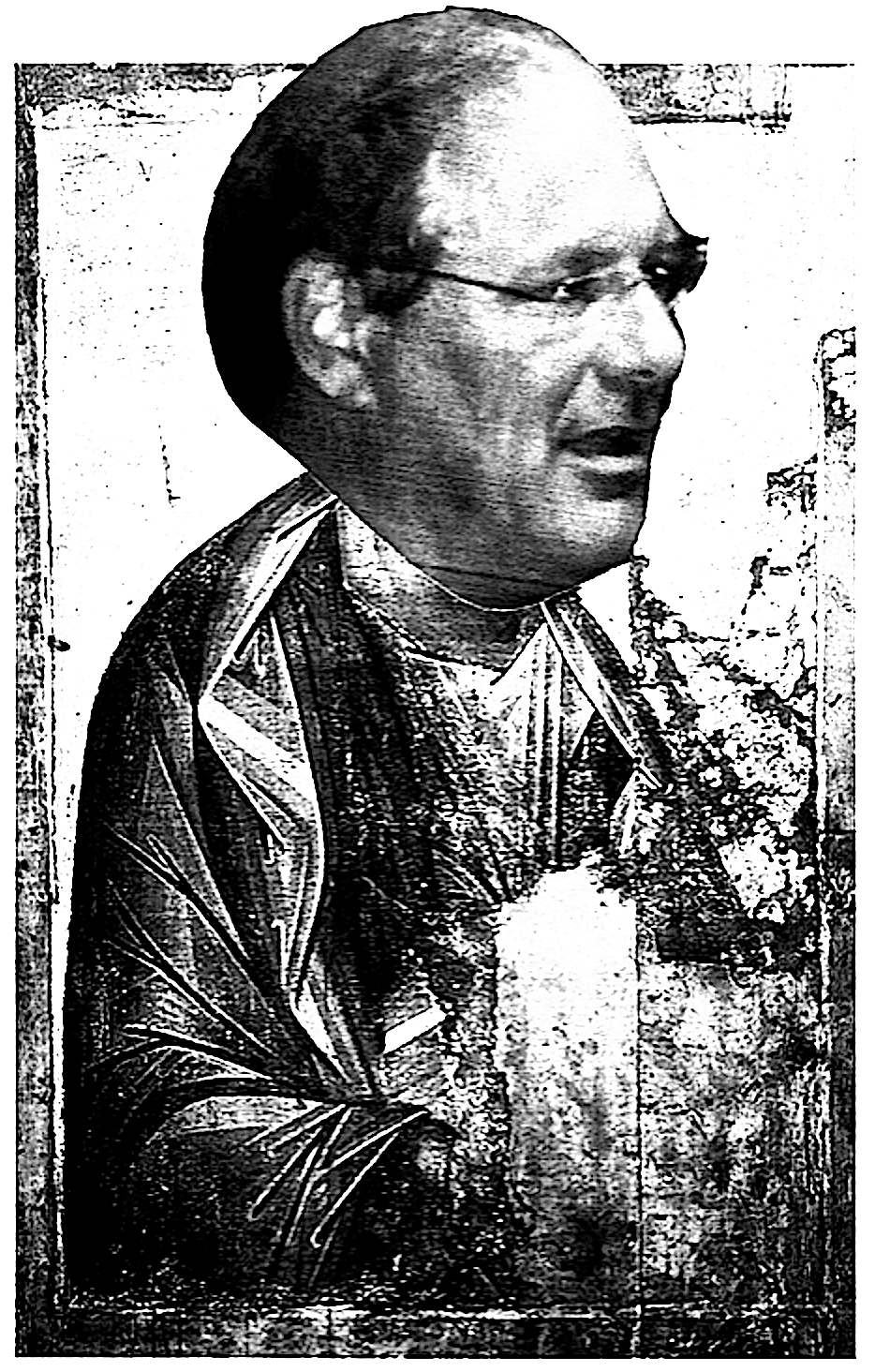 Walter Duranty, writes Dalrymple,
Walter Duranty, writes Dalrymple,
not only lied through his teeth about the deaths of millions during the Ukrainian famine, but conspired, with some success, to prevent anyone else from telling the truth about it.
He
won the Pulitzer prize in 1934 for his reporting, but ever since 1990, when a biography of him was published that emphasised the extent of his mendacity, there have been efforts to have the prize symbolically rescinded. (Duranty died in 1957.)
Duranty
had knowingly and persistently lied about matters of world importance. At the very least he deserved the sack rather than a prestigious award, but was never called to account during his lifetime; and the Pulitzer committee has twice decided that the award should not be withdrawn.
Dalrymple can see the argument for rescinding the prize
because Duranty’s conduct was truly despicable, and the prize had been for what, morally, was a great crime.
But
there is also an argument for not rescinding it, for the posthumous withdrawal of an award can look like an attempt to rewrite the history of the awarding authority by an act of auto-absolution. An admission that the Pulitzer committee had made a terrible error of judgment might have been sufficient.









